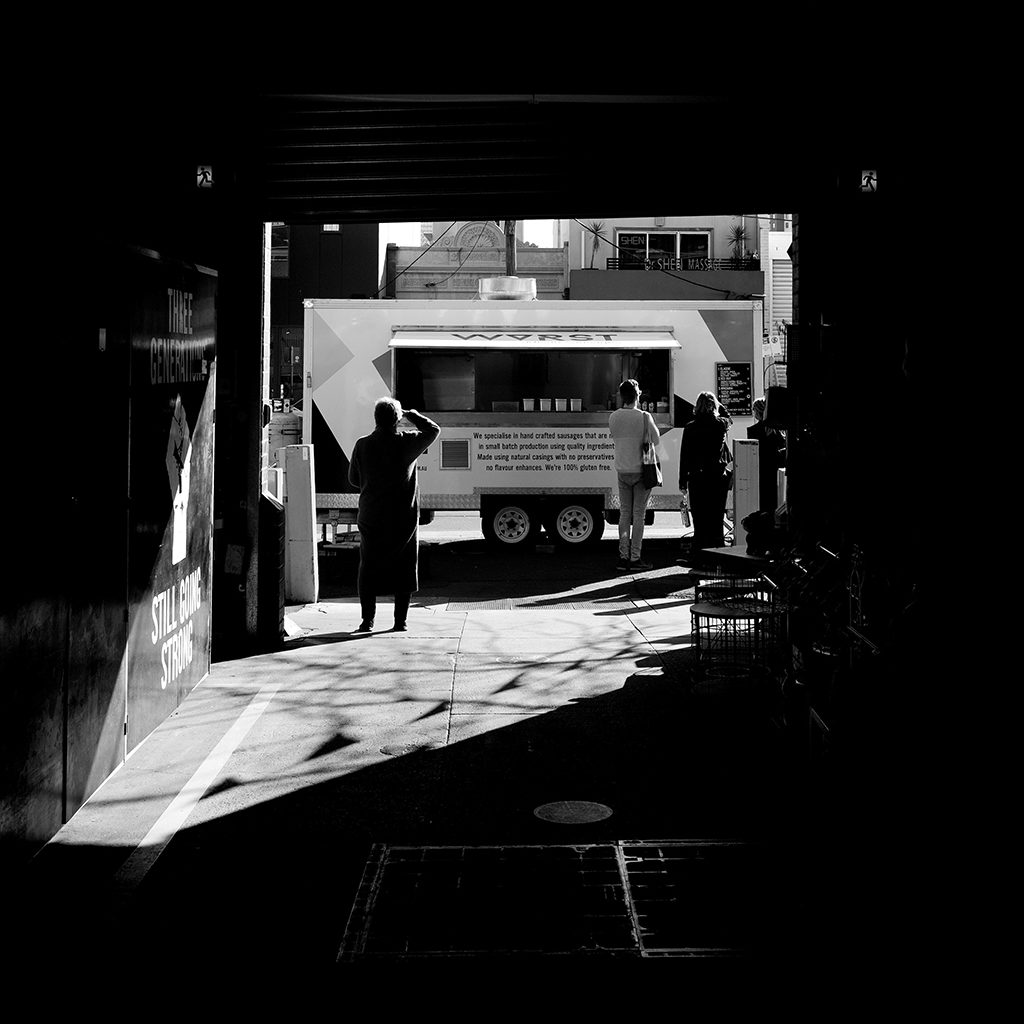
Photo by James Guerrero on Unsplash
Statisticians estimate that there are over 25,000 food trucks in the United States currently.
As is the case for any business, there are many different costs you’ll need to attend to when you’re running a food truck. The entire amount will depend on the scale of your business and the area where you’re based.
If you want your food truck business to succeed, you have to manage your expenses properly. The first step toward doing this is learning about what your costs will be and where they’re likely to come from.
Read on to learn more about food truck expenses and how they’re likely to affect your business.
The Basic Food Truck Expenses
There are many different expenses you might incur while running a food truck. We’ve looked at some of the main categories below.
Start-Up Costs
Food truck businesses have become increasingly popular in recent years due to their low start-up costs. While it’s true that in many parts of the country buying a food truck will cost less than the property needed for a brick-and-mortar restaurant, you’ll still need to figure out how to cover your startup costs, either from cash or financing.
The cost of your food truck will include the vehicle itself, as well as any onboard kitchen equipment. You’ll want to carefully consider the layout of your truck, as incorporating additional appliances later on will be difficult in such a small space.
Stock
Like any other restaurant, food trucks have to buy the ingredients for the food they cook. If you want to build your reputation as an outstanding food vendor, investing in quality ingredients is especially important.
Aside from food, you should consider other kitchen necessities, such as pots, pans, cooking implements, utensils, and serveware. You might be able to start off with minimal cooking accessories and continue to build up your kitchen over time, as you see the need for additional items.
Fuel
There are a couple types of fuel you will need to consider: the gasoline or diesel you’ll use to transport your truck from place to place, and the generator fuel you will need to run your kitchen once you’ve set up shop.
Deciding how much money to put in your vehicle fuel budget will depend how much driving you plan to do. Will your food truck spend most of its time being stationed in one spot? Or do you plan travel a lot for food fairs and other events? This will make a huge difference in how much you spend on fuel costs.
Vehicle Maintenance
This is another cost that will likely vary with how much time you spend actually driving your truck around. Based on usage, you’ll need to come up with a plan for how often your truck will need oil changes, new tires, and other replenishments. Plus, you should be sure and schedule your truck for regular maintenance to keep it in top working condition.
Tax & Insurance
Like any other vehicle, your food truck will need to be insured before it can take to the road. And you’ll need to pay registration fees to keep your vehicle legal! These costs vary considerably from one state to the next, so be sure to find out specifics from your local transportation department.
Succeeding as a Food Truck Owner in 2020
Managing your food truck expenses properly is one of the most important things you’ll have to do if you want your business to succeed. Many businesses that start from a great concept have failed because of an inability to keep costs under control.
Knowing your way around the expense categories we’ve listed here will have you well on your way to making a success of your food truck enterprise.
Looking to get started? Contact us today to discuss your food truck needs.
Interested in getting into the food truck industry? Request a quote from us today to get going!
Stay up to date on everything Prestige Food Trucks has to offer! Make sure to like us on Facebook and follow us on Twitter and Instagram.
For more food truck advice and inspiration, check out the rest of our blog here.